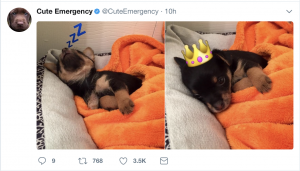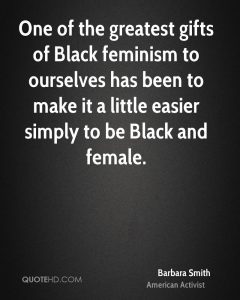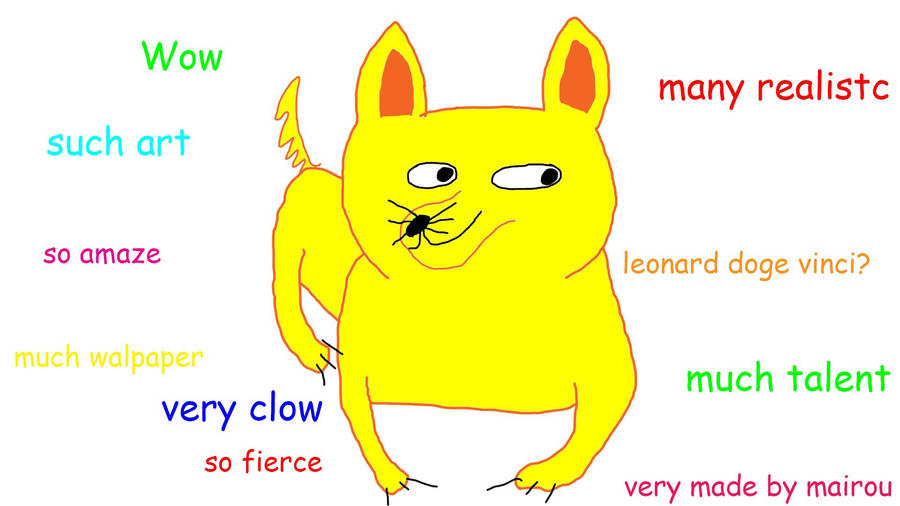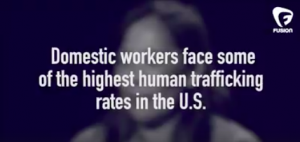As the Moxie project is coming to an end, I have begun to reflect on my experience living in New York City for the past two months. I am very excited to share my journey with my friends. However, the conversations have not been easy so far, especially with guys.

For example: Recently I brought up, to my friend Henry, the fact that women often add verbal qualifiers or present themselves as more hesitant through indirect statements. To my surprise, Henry responded by telling me he never noticed this.
Initially, I was frustrated. I thought to myself: If someone, like Henry, who is well-educated and actually believes in feminism doesn’t get it, how would other men understand the frustration women have to go through every single day, just for being women? I continued to share with Henry some specific difficulties that I’ve experienced, like going into the weight room and taking up physical space, or allowing myself to take up intellectual space in the classroom. As I shared, I slowly began to realize that Henry not only never noticed this trend in women’s behavior, he had also never had this kind of conversation with a woman. What I was sharing was new to him.
Privilege is invisible to those who have it. Most men do not actively choose to be ignorant or sexist. It is socialization perpetuated by our patriarchal system. It is masculine socialization that has ingrained in men from a very young age the idea that they are entitled to public space around them. When male entitlement is compounded with white privilege, socio-economic privilege, and other forms of privilege, an amplification of this privilege and entitlement is formed. Therefore, we often see men taking up more space than women in different settings without even noticing it.
If you are a man and reading this, take a second and reflect: Do you manspread on the bus? Have you ever dominated a classroom discussion or taken up a lot of physical space at a party? Call on other men to listen when you notice that they are interrupting or talking over. Pick up a feminist book, educate yourself on these issues.
I understand that it is not women’s job to teach men to recognize their privilege. Nonetheless, sharing your personal struggles with your male friends could expose them to how we live in a patriarchal society.

















